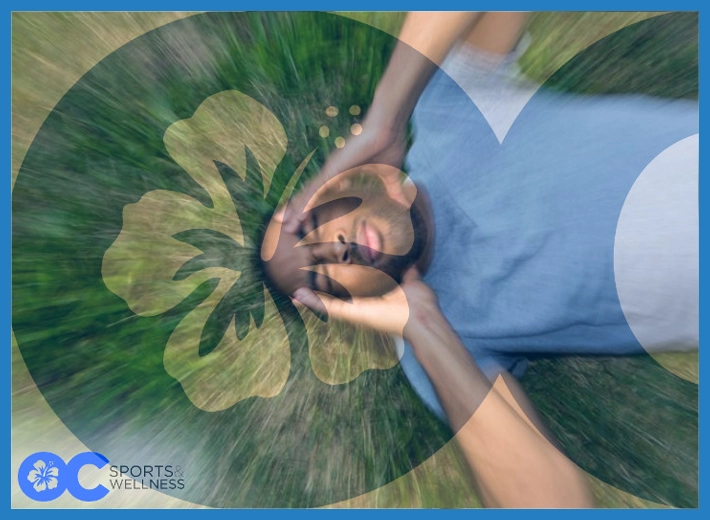Concussions are a common injury that occurs in high school, college, and professional athletic competitions. Sports-related concussions are synonymous with mild traumatic brain injury (mTBI). Concussions are often the result of direct contact of the athlete’s head with another athlete’s head, knee, shoulder, or the ground. Sometimes athletes can suffer a concussion from a whiplash-type injury or being struck directly by a ball, i.e. basketball, water polo ball, baseball, etc.
Anytime an athlete has a direct head injury and develops immediate symptoms of a concussion, they then have met the criteria of having a concussion. There is no blood test, sideline test, or imaging study that can confirm a concussion. Simply put, a head injury with symptoms of a concussion is a concussion. There is a long list of symptoms that can result from a concussion. The most common symptoms are headache, confusion, fatigue, and poor focus. A complete list of possible symptoms can be found online.
The vast majority of concussions are mild and will resolve in 1-2 weeks. Immediate treatment is to remove the athlete from the risk of another head injury. Nationwide rules have been implemented to help protect athletes who have been suspected of having a concussion. Unfortunately, many athletes who compete in contact sports will avoid notifying their athletic trainer or coach that they may have sustained a concussion for fear of being taken out of the game. Athletes are now being educated about the importance of notifying their trainer or coach is they sense symptoms of a concussion.

An additional treatment that has been clinically demonstrated to accelerate recovery from a concussion is sleep and to remain active. Sleep allows the brain to recover. More sleep means faster recovery. Staying active has also been clinically proven to promote brain healing. The key is to promote fitness without increasing one’s risk for repeat brain injury.
Supplements such as omega-3 fatty acids, magnesium, Vitamin D, BCAAs, Probiotics, and Phosphatidylserine may help. Clinical studies support the use of high dose omega-3 fatty acids while other supplements are currently under investigation and have been used favorably on an anecdotal basis. The good news is that these supplements are safe with their recommended dosing and also inexpensive.
Dr. Sunshine is an expert in the diagnosis and management of sports-related concussions. He can assist you or your child with proper diagnosis, treatment, and academic accommodations are needed.

